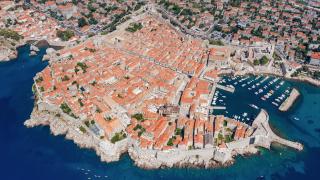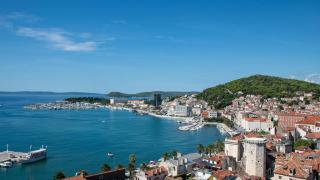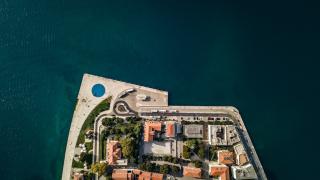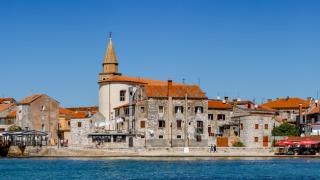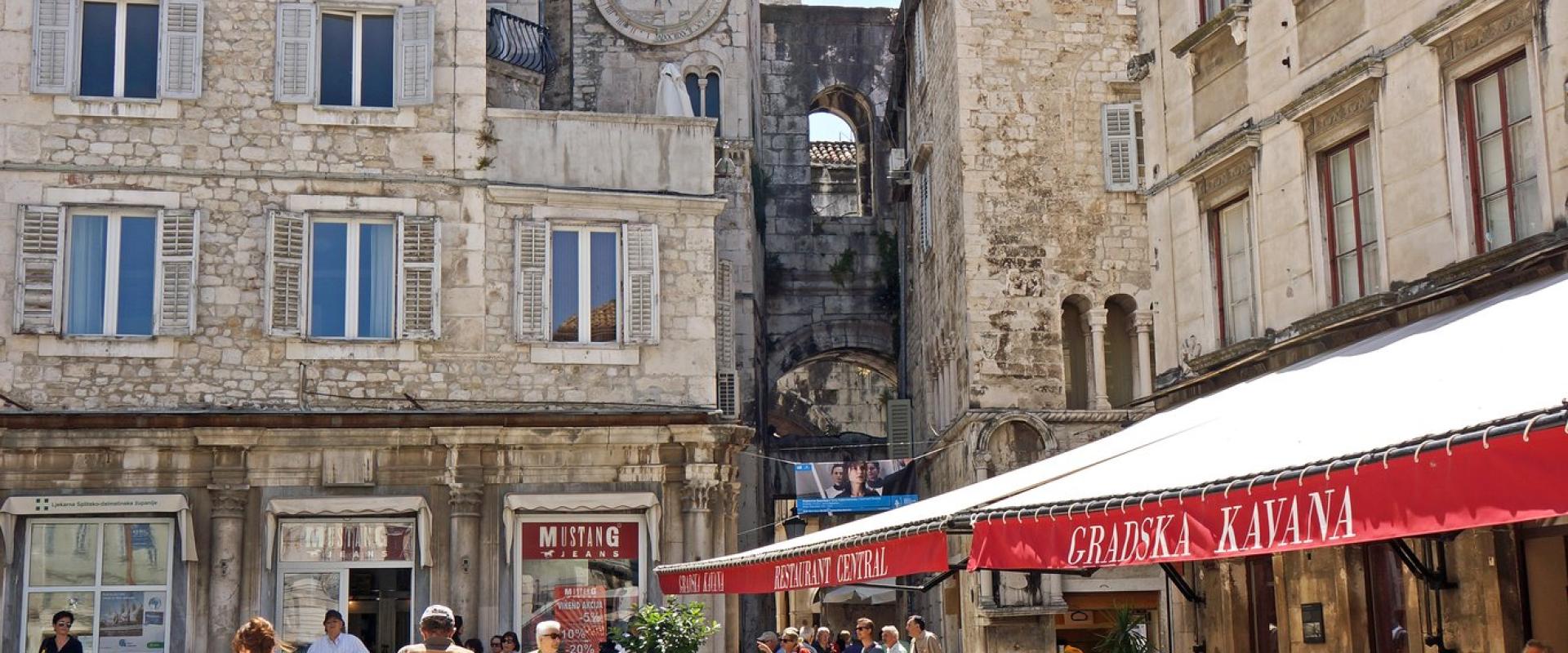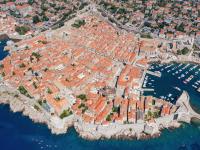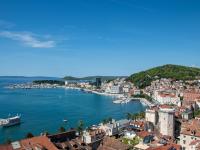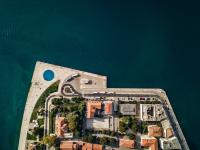Introduction
Croatia's expat community has grown significantly in recent years, attracting digital nomads, retirees, and professionals seeking a Mediterranean lifestyle. The country offers an appealing balance of modern European living and traditional charm.
Expats choose Croatia for several key advantages:
- Lower cost of living compared to Western Europe
- Growing international community, especially in Zagreb and coastal cities
- High-quality healthcare system
- Safe environment with low crime rates
- Rich cultural experiences and outdoor lifestyle
New expats should consider these essential factors:
- Residency permits require proof of income and health insurance
- Croatian language skills are important for daily life
- Housing costs vary significantly between coastal and inland areas
- Banking setup requires local address and residency documentation
- Tax implications need careful consideration
Popular expat destinations include Zagreb for business opportunities, Split for digital nomads, and Dubrovnik for luxury living.
Legal Requirements
Obtaining legal residency status is the first crucial step for expats moving to Croatia. The process varies based on your purpose of stay:
Temporary Stay Permits:
- Digital nomad visa valid for 12 months with possible 12-month extension
- Work permit required for employment (tied to specific employer)
- Family reunification permit for joining Croatian family members
- Student permit for enrolled students
Required Documentation:
- Valid passport (minimum 3 months beyond planned stay)
- Proof of sufficient funds (€1,000+ monthly income)
- Health insurance coverage
- Criminal background check from home country
- Proof of accommodation in Croatia
- Purpose-specific documentation (work contract, school enrollment, etc.)
Registration Process:
- Submit application at local police station within 30 days of arrival
- Provide biometric data (fingerprints and photo)
- Pay administrative fees (approximately €100-150)
- Processing time: 2-8 weeks depending on permit type
Important Notes:
- First-time permits typically issued for 1 year
- Must register address within 3 days of moving
- Annual renewal required before current permit expires
- EU citizens have simplified procedures but still must register
- Non-EU citizens need visa before arrival
Consult with local immigration office or legal expert for current requirements, as regulations change periodically.
Housing and Settlement
Most expats choose coastal cities like Split, Dubrovnik, and Zadar, or the capital Zagreb for their initial settlement. These areas offer established expat communities and modern amenities.
Rental Process:
- Long-term rentals typically require 1-2 months' deposit
- Average monthly rent: €500-800 for a one-bedroom apartment in city centers
- Most leases are 12-month minimum with 1-3 months' notice for termination
- Utilities usually paid separately by tenants
Property Purchase Considerations:
- Non-EU citizens need special approval from the Ministry of Justice
- Processing time for purchase approval: 3-6 months
- Property prices: €1,500-3,000 per square meter in popular expat areas
- Additional costs include 3% property transfer tax and notary fees
Setting Up Utilities:
- Electricity connection takes 5-7 business days
- Internet installation typically requires 1-2 weeks
- Monthly utility costs average €150-200 for a small apartment
- Local property manager services available for €50-100 monthly
Tips for New Arrivals:
- Book temporary accommodation for first 2-4 weeks
- Work with licensed real estate agents (fee: 1 month's rent)
- Request English-language lease agreements
- Document all property conditions before moving in
- Register address with local police within 3 days of moving
Daily Life Essentials
Healthcare Access
- Public healthcare system requires Croatian Health Insurance (HZZO) registration
- Private clinics in major cities offer English-speaking doctors
- Annual health insurance costs range from €500-800 for expats
- Emergency services available via 112, with English-speaking operators
Banking and Finances
- Major banks like PBZ and Erste offer expat-friendly accounts
- Account opening requires OIB (tax number) and residence permit
- Online banking platforms available in English
- International transfers typically cost €5-15 per transaction
Transportation Options
- Monthly public transport passes cost €30-50 in major cities
- Ride-sharing services operate in Zagreb, Split, and Dubrovnik
- Inter-city buses connect major expat hubs every 2-3 hours
- Car leasing options start from €250 monthly
Shopping and Services
- Large supermarket chains open 7:00-22:00 daily
- International food stores in Zagreb and Split stock familiar products
- Food delivery apps like Wolt and Glovo operate in urban areas
- Monthly utilities (electricity, water, internet) average €150-200
- Most services offer English-speaking support in expat-heavy areas
Successful social integration starts with language skills. Free Croatian language courses are available through public libraries in major cities. Online platforms like Croaticum offer structured courses starting at €200 per semester.
Language Learning Options:
- Group classes at language schools cost €300-500 for 3-month programs
- Private tutors charge €15-25 per hour
- Language exchange meetups occur weekly in Zagreb and Split
Expat Communities:
- Expats in Croatia Facebook group (15,000+ members)
- InterNations Zagreb hosts monthly networking events
- Meetup.com features regular expat social gatherings
- Digital nomad communities organize coworking events
Cultural Integration Tips:
- Join local sports clubs or fitness centers
- Participate in neighborhood festivals and events
- Volunteer with local NGOs
- Attend Croatian cooking classes
Social Networking Opportunities:
- Professional networking through Croatian International Club
- English-speaking book clubs meet monthly
- International Women's Club organizes weekly activities
- Local cafes host language exchange evenings
Most expats report achieving basic social integration within 6-12 months of arrival.
Conclusion
Successful expat life in Croatia requires careful planning and realistic expectations. Most expats report needing 6-12 months to fully settle into their new lifestyle.
Key Success Factors:
- Secure proper visa documentation before arrival
- Budget 20-30% above initial estimates for unexpected costs
- Join local expat groups on Facebook and Meetup.com
- Learn basic Croatian phrases for daily interactions
Recommended Next Steps:
- Contact Croatian embassies for current visa requirements
- Research private health insurance options
- Connect with expat communities in your chosen city
- Schedule property viewings 2-3 months before relocation
Additional Resources:
- Expat.hr - Croatia's largest English-language expat forum
- Digital Nomads Croatia Association
- Croatian Foreign Residents Association
- Local expat Facebook groups by city
Most successful expats maintain connections with both local and international communities while building their new life in Croatia.
